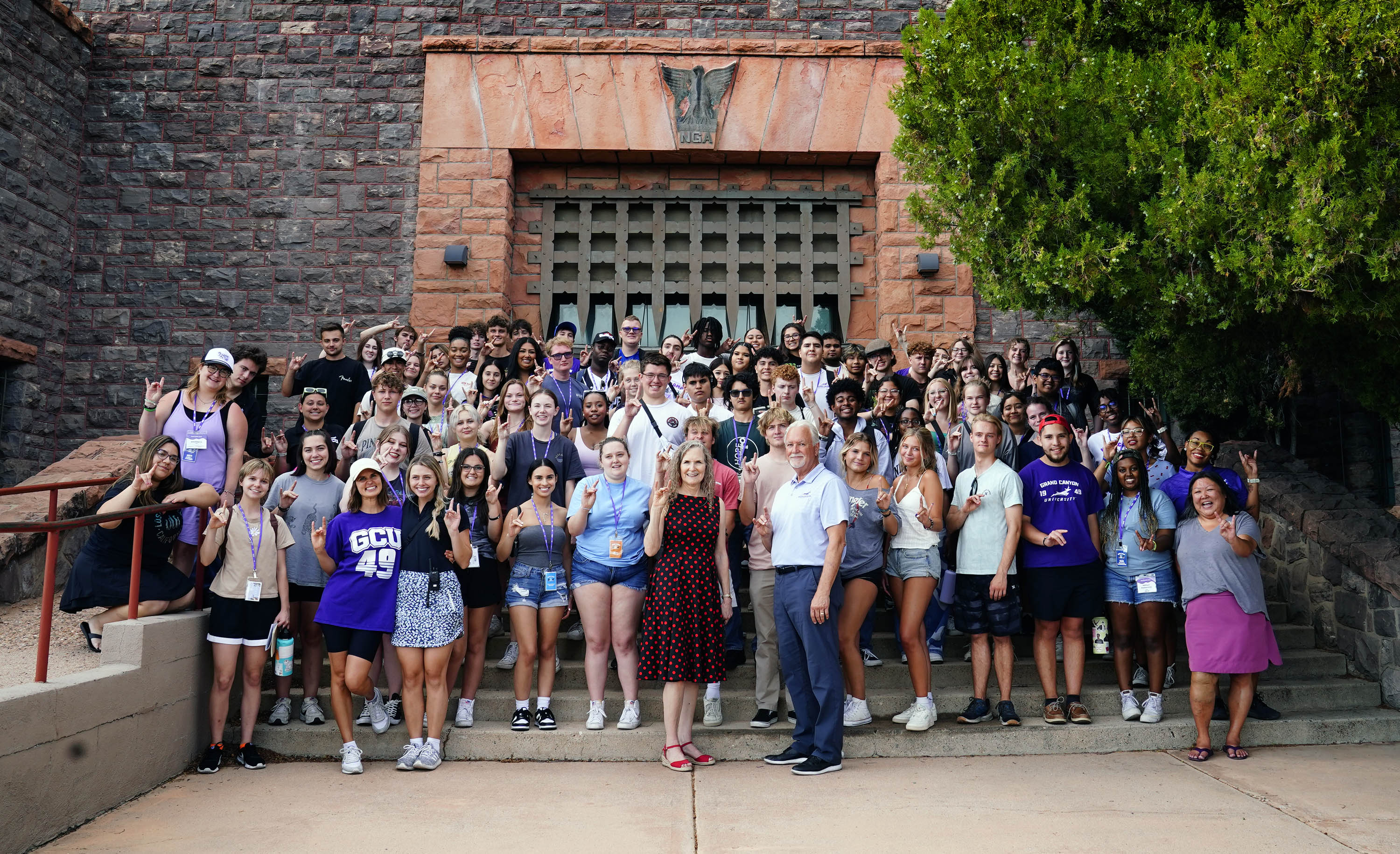By Connie Colbert
GCU Director of Health Services
Your gallbladder is one of those organs that you probably do not think about unless something goes wrong. Your gallbladder is a small, pear-shaped organ located on the right side of your abdomen, just beneath your liver.

The gallbladder's main function is to store bile, which helps the body break down and digest the fats that you eat. It does not produce the bile. The liver produces bile and sends it into your small intestine via the common bile duct during meals.
As the small intestine does its job, most bile travels to the gallbladder, where it is stored until needed again. Then, when you eat fatty foods, your gallbladder releases the bile into the small intestine, where it is mixed with partially digested food.
People can function without a gallbladder if it needs to be removed. When the gallbladder is removed, the body compensates by filling bile ducts, which transport bile to the small intestine, and using them to store excess bile in place of the gallbladder. (Isn’t the human body amazing?)
Gallbladder problems are usually the result of a blockage in your bile ducts (the tubes that let bile travel between your liver, gallbladder and small intestine). The most common source of blockage is gallstones, medically known as cholelithiasis. Gallstones are hardened deposits of digestive fluid that can form in your gallbladder.
Gallstones can range in size from as small as a grain of sand to as large as a golf ball. Some people develop just one gallstone, while others develop many gallstones at the same time.
What are some signs and symptoms that something is wrong with my gallbladder?
- Sudden and rapidly intensifying pain in the upper right portion of your abdomen lasting several minutes to hours, especially after eating a fatty meal
- Sudden and rapidly intensifying pain in the center of your abdomen, just below your breastbone
- Back pain between your shoulder blades
- Pain in your right shoulder
- Nausea or vomiting or loss of appetite
- Fatigue
- Weight loss
- Night sweats
- Dark urine
- Greasy or light-colored stools
Can I be predisposed to getting gallstones?
Yes! There are some factors that can increase your risk:
- Female
- Age 40 or older
- Being a Native American or of Hispanic of Mexican origin
- Being overweight or obese
- Being sedentary
- Pregnancy
- Eating a high-fat diet
- Eating a high-cholesterol diet
- Eating a low-fiber diet
- Having a family history of gallstones
- Having diabetes
- Having certain blood disorders, such as sickle cell anemia or leukemia
- Losing weight very quickly
- Taking medications that contain estrogen, such as oral contraceptives or hormone therapy drugs
- Having liver disease
If I have these symptoms, what is next?
Make an appointment with your doctor to obtain testing for your gallbladder.
Gallstones or inflammation of the gallbladder (cholecystitis) are diagnosed by blood tests and one or more imaging studies, such as an abdominal ultrasound, hepatobiliary iminodiacetic acid (HIDA) scan, computerized tomography (CT), magnetic resonance cholangiopancreatography (MRCP) or endoscopic retrograde cholangiopancreatography (ERCP).
Seek immediate care in an emergency room if you develop more serious signs and symptoms, such as:
- Abdominal pain so intense that you cannot sit still or find a comfortable position
- Yellowing of your skin and the whites of your eyes (jaundice)
- High fever with chills
Once a diagnosis is made, a physician will discuss treatment options such as removal of your gallbladder, medically known as cholecystectomy.










